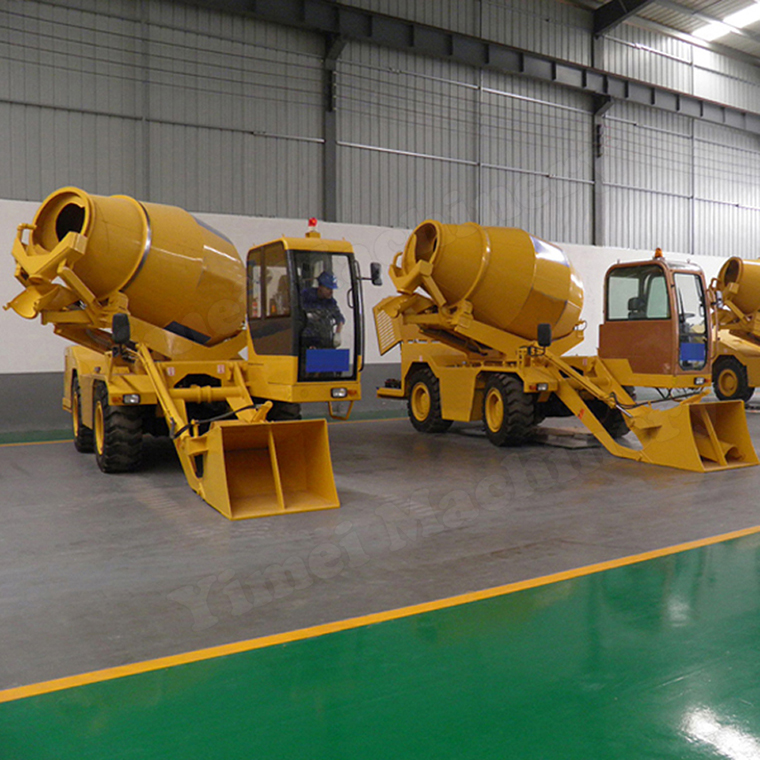

Choosing the right medium-sized concrete mixer is essential for ensuring efficient and high-quality concrete mixing in construction projects. Here are some tips to help you select the best medium-sized concrete mixer for your needs:
Determine Your Concrete Requirements: Understand the volume and type of concrete you'll be mixing. Medium-sized mixers typically handle around 5 to 10 cubic feet of concrete. Consider the types of projects you'll be working on and the frequency of use.
Mixer Type: There are generally two types of medium-sized concrete mixers: drum mixers and paddle mixers. Drum mixers are more common and are great for consistent mixing of larger quantities. Paddle mixers are better for mixes that include aggregates like stones, as they provide better mixing action.
Mixing Speed and Efficiency: Look for a mixer with a good balance between mixing speed and thoroughness. A mixer that can achieve efficient mixing within a reasonable time frame is crucial for productivity.
Power Source: Concrete mixers can be electric, gas, or diesel-powered. Choose a power source that's convenient and cost-effective for your location and needs.
Durability and Construction: Concrete mixers need to withstand the tough conditions of construction sites. Opt for mixers made from high-quality materials, such as steel or heavy-duty plastic, which can resist corrosion and wear.
Mobility: Consider whether you need a mixer that's stationary or mobile. Some mixers come with wheels or handles, making them easier to move around the site.
Ease of Cleaning: Cleaning a concrete mixer can be time-consuming, so choose a model that's easy to clean. Removable parts and smooth surfaces can make the cleaning process more efficient.
Safety Features: Safety should always be a priority. Look for mixers with safety features like emergency shut-off switches, guarding, and protective covers.
Maintenance and Spare Parts: Check if spare parts are easily available and if the manufacturer provides good customer support. A mixer that's easy to maintain and has good support can save you a lot of time and frustration.
Brand Reputation: Consider well-established brands known for producing reliable construction equipment. Read reviews and get recommendations from professionals in the construction industry.
Price and Value: While price is a factor, don't compromise on quality for a lower cost. Consider the long-term value the mixer will provide to your projects.
Noise and Environmental Considerations: Tilting Drum Concrete Mixer can be noisy, so if you're working in a noise-sensitive area, look for quieter models. Additionally, if you're concerned about emissions, consider models that meet emission standards.
Testing and Trial: If possible, test the mixer before purchasing. This can give you a better understanding of its performance and features.

Remember, the right medium-sized concrete mixer should not only meet your current project needs but also have the potential to accommodate potential changes and expansions in your construction work.